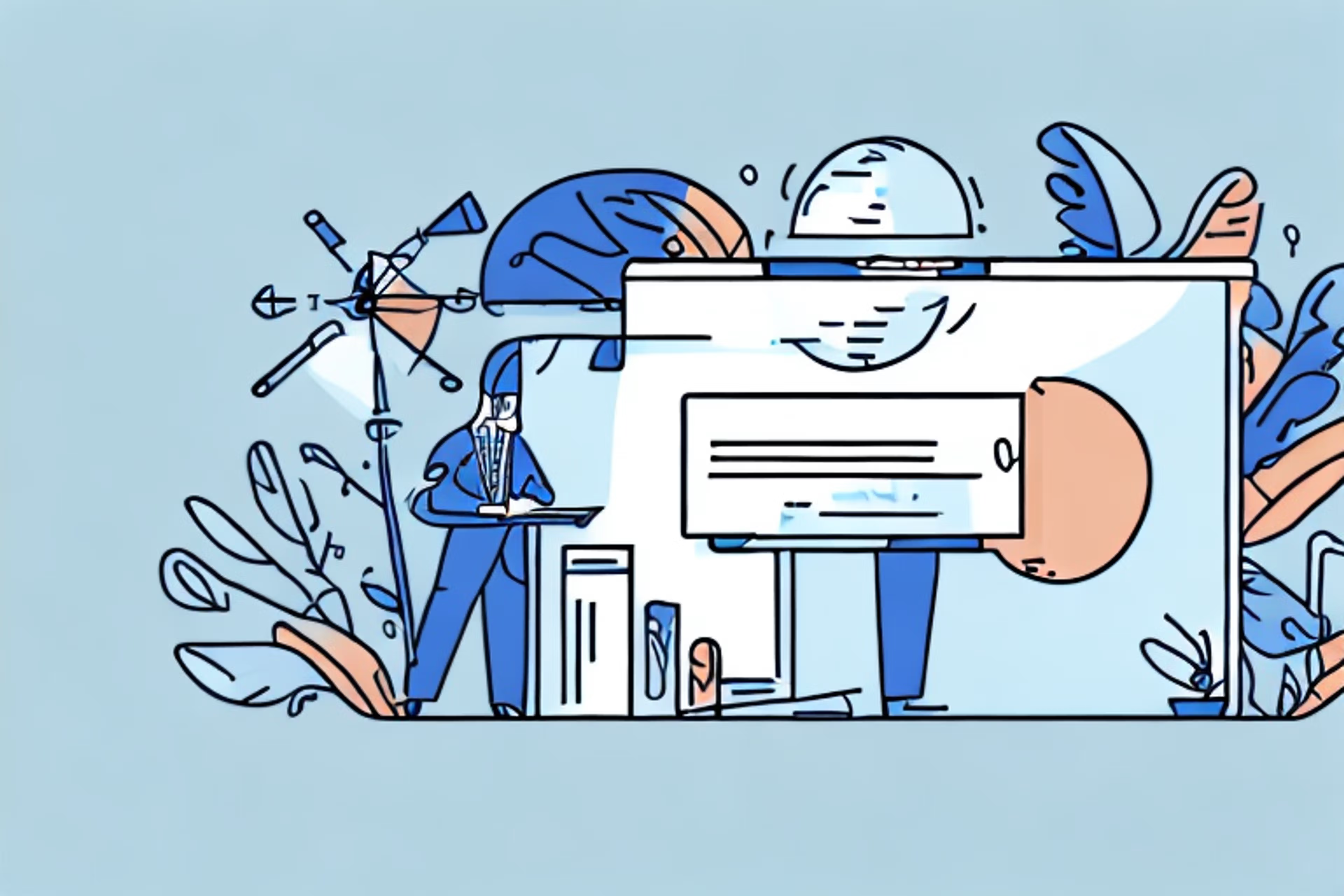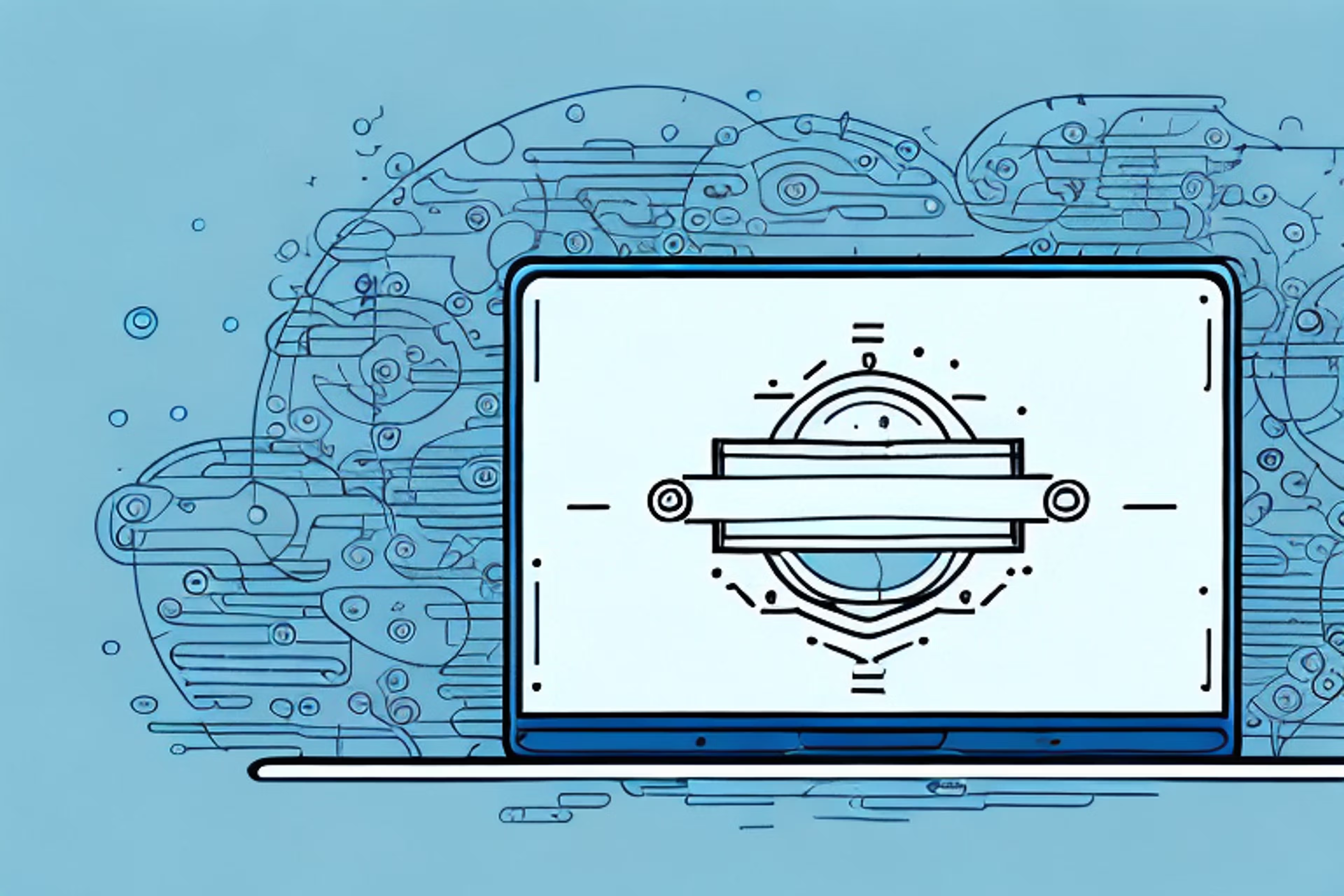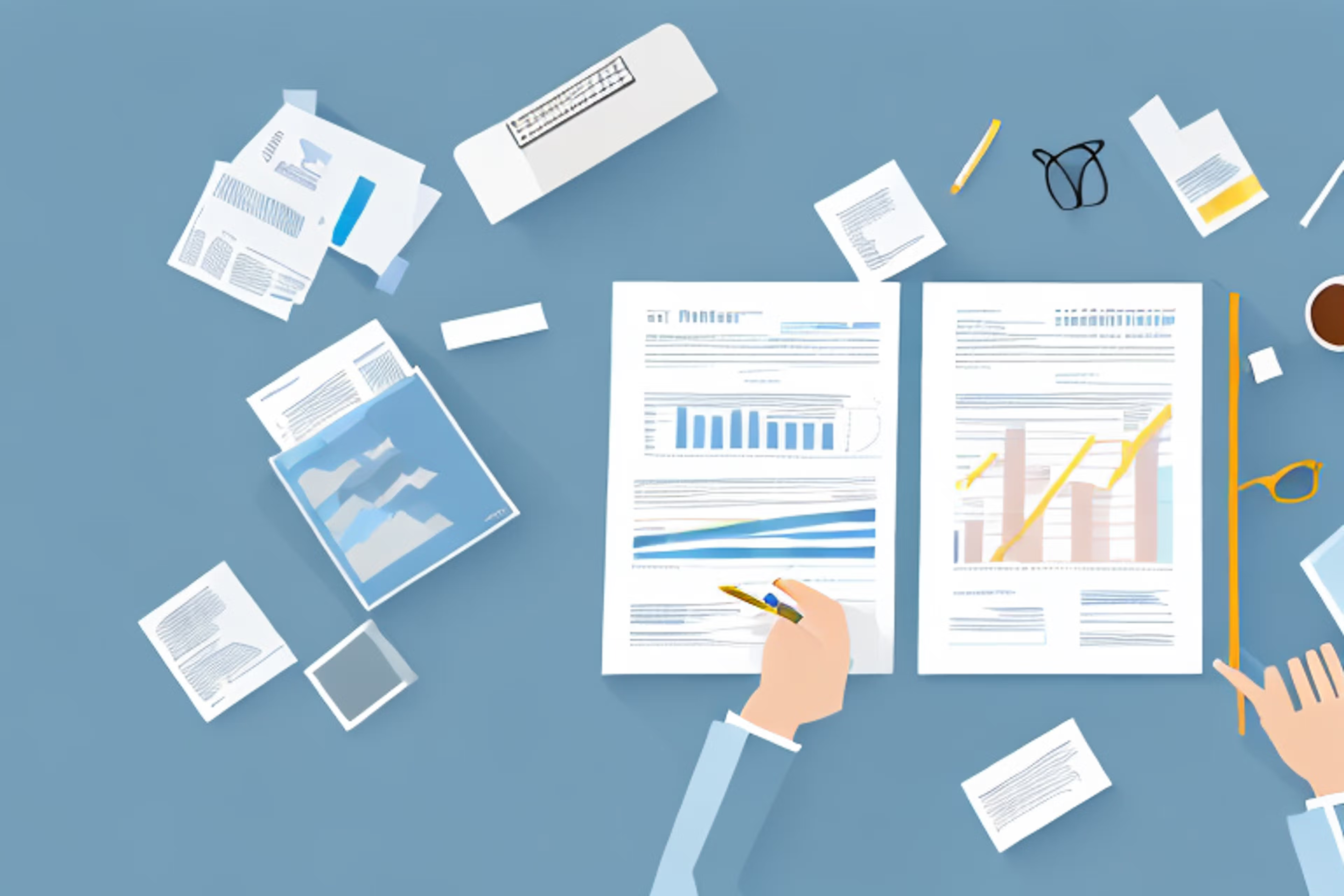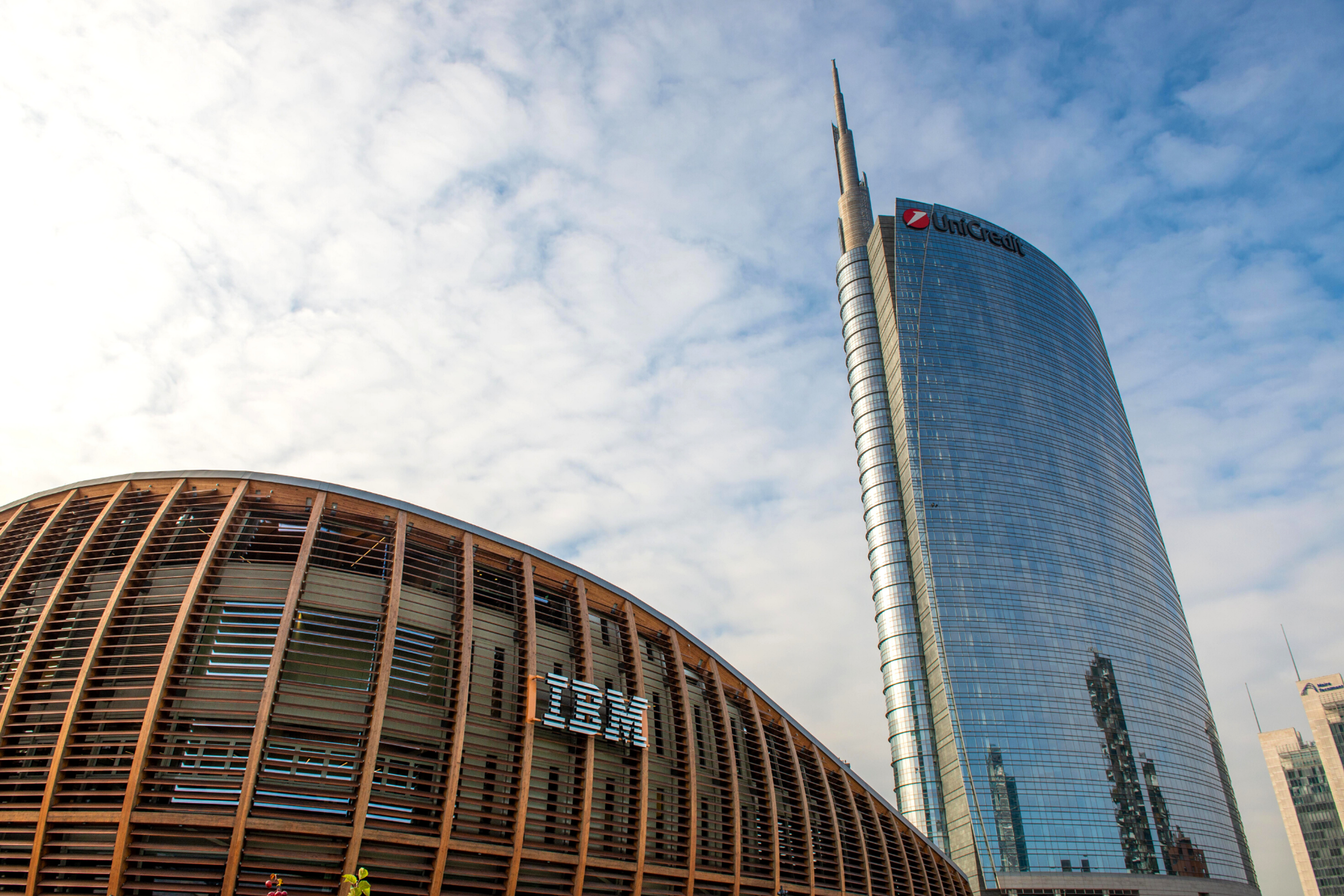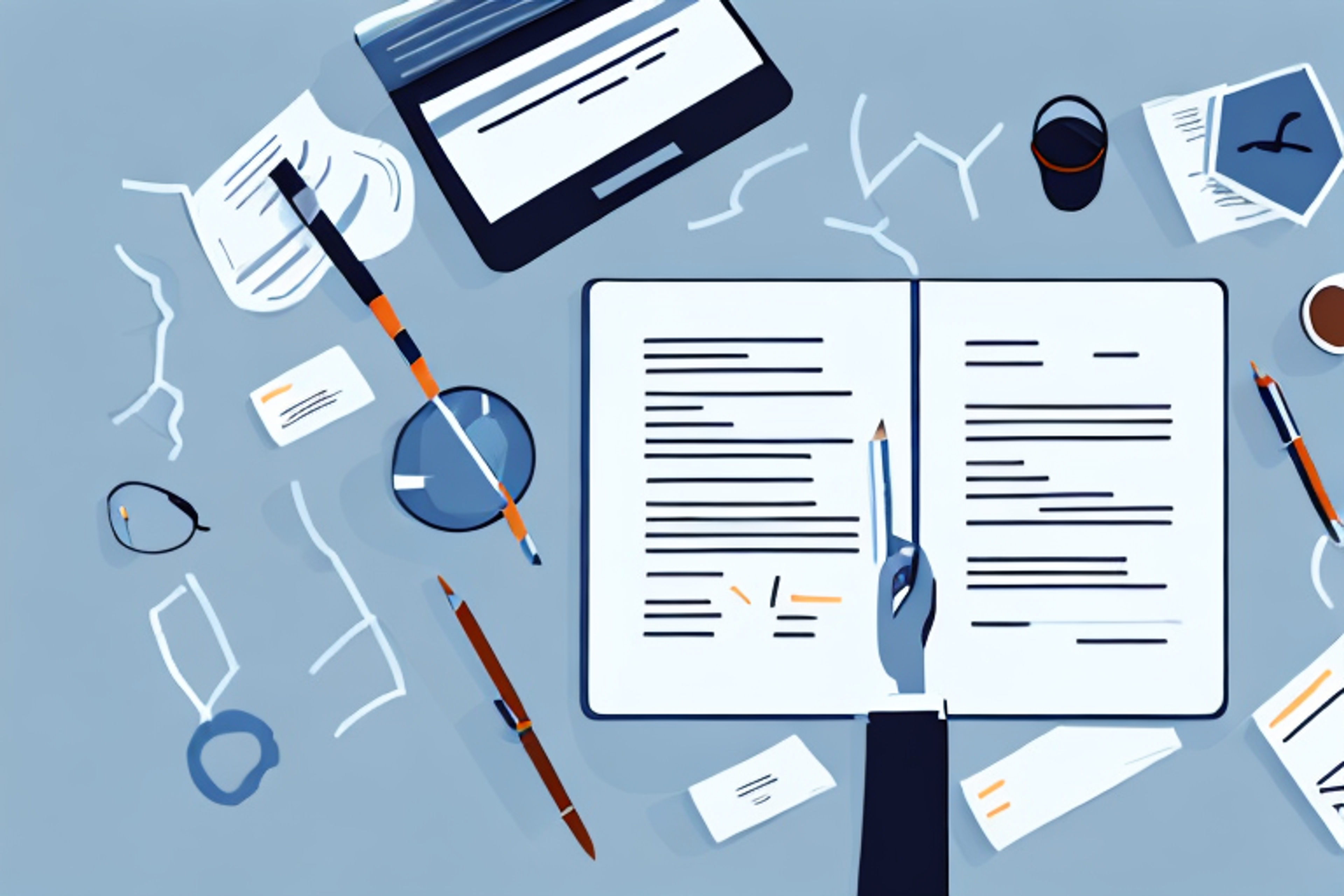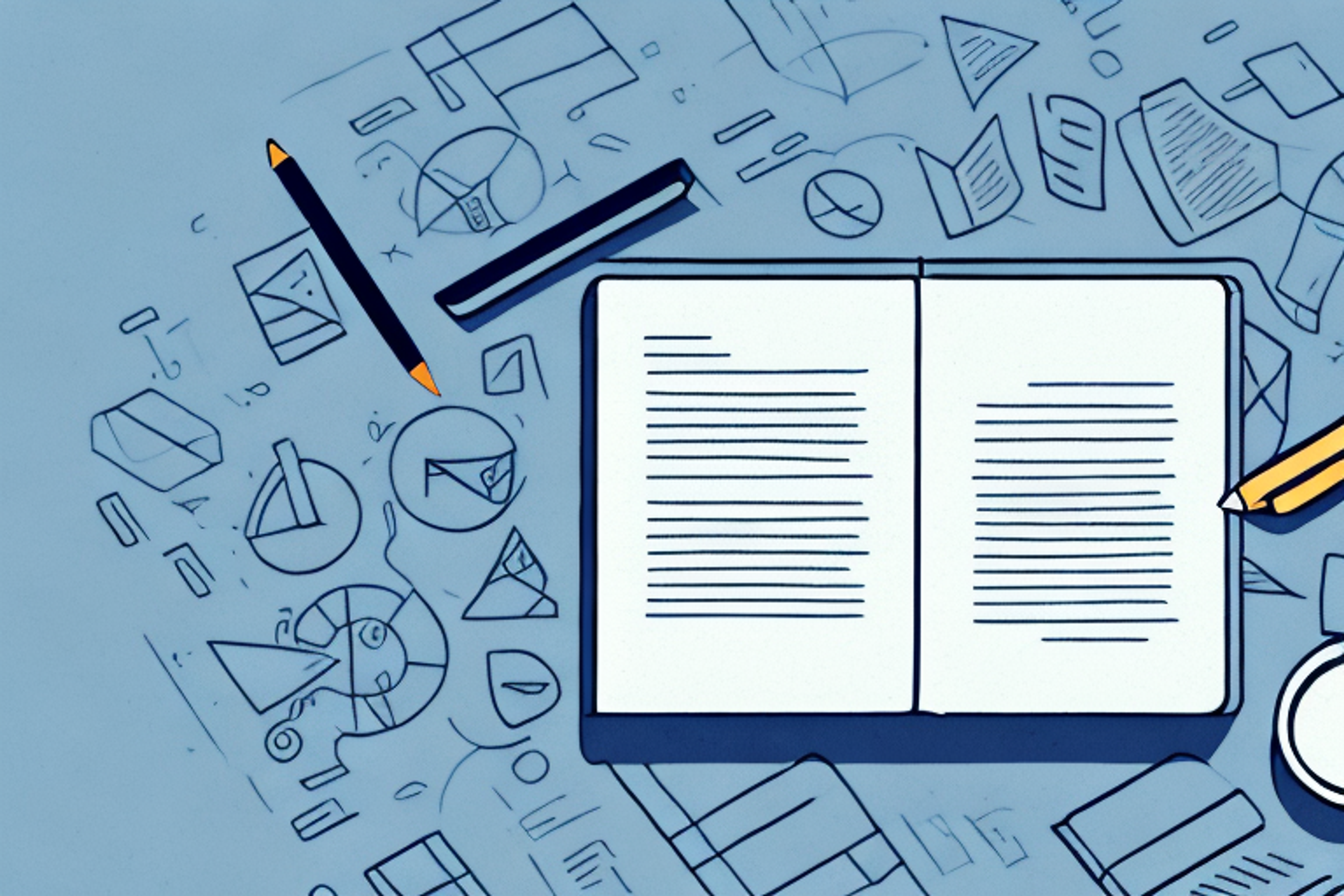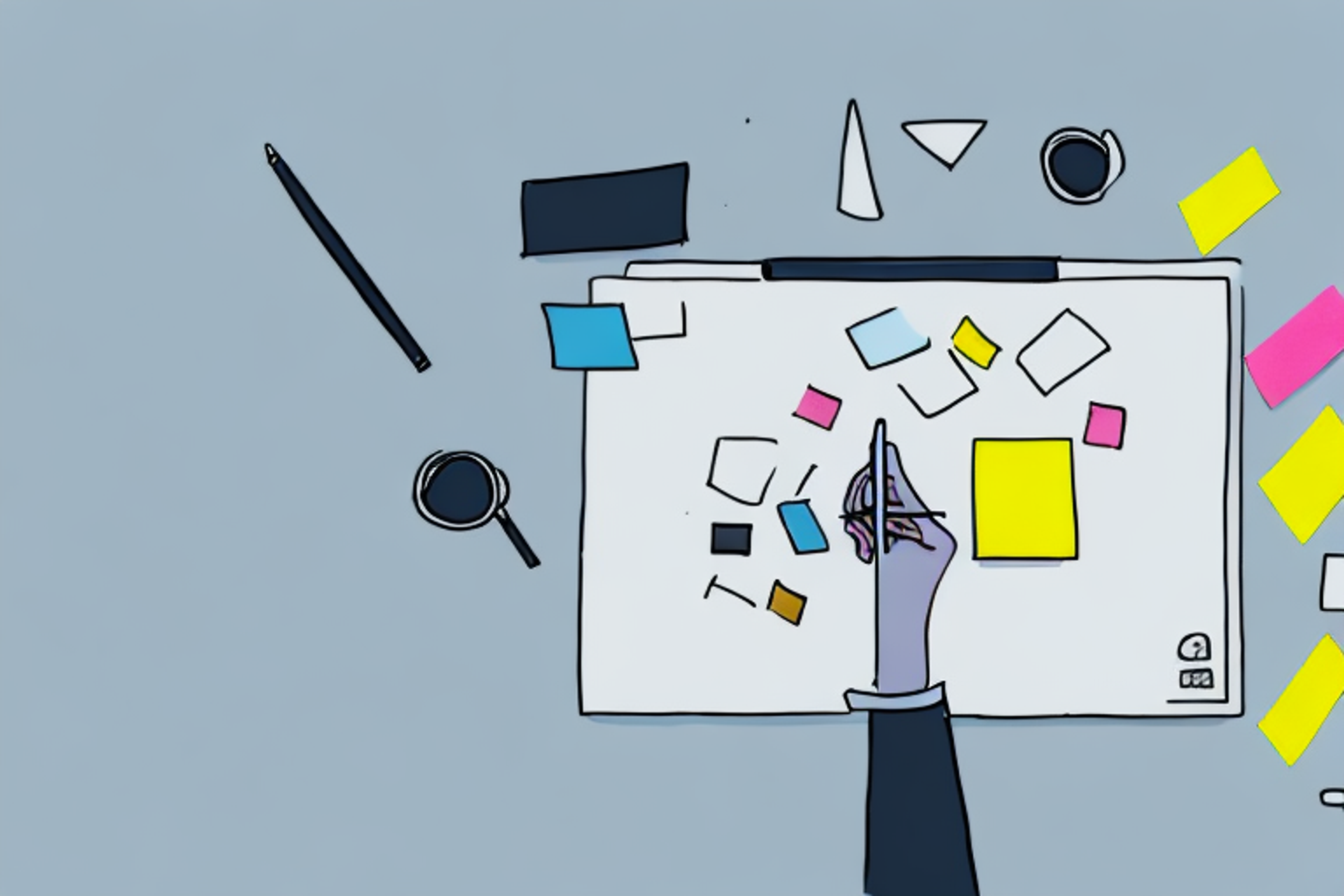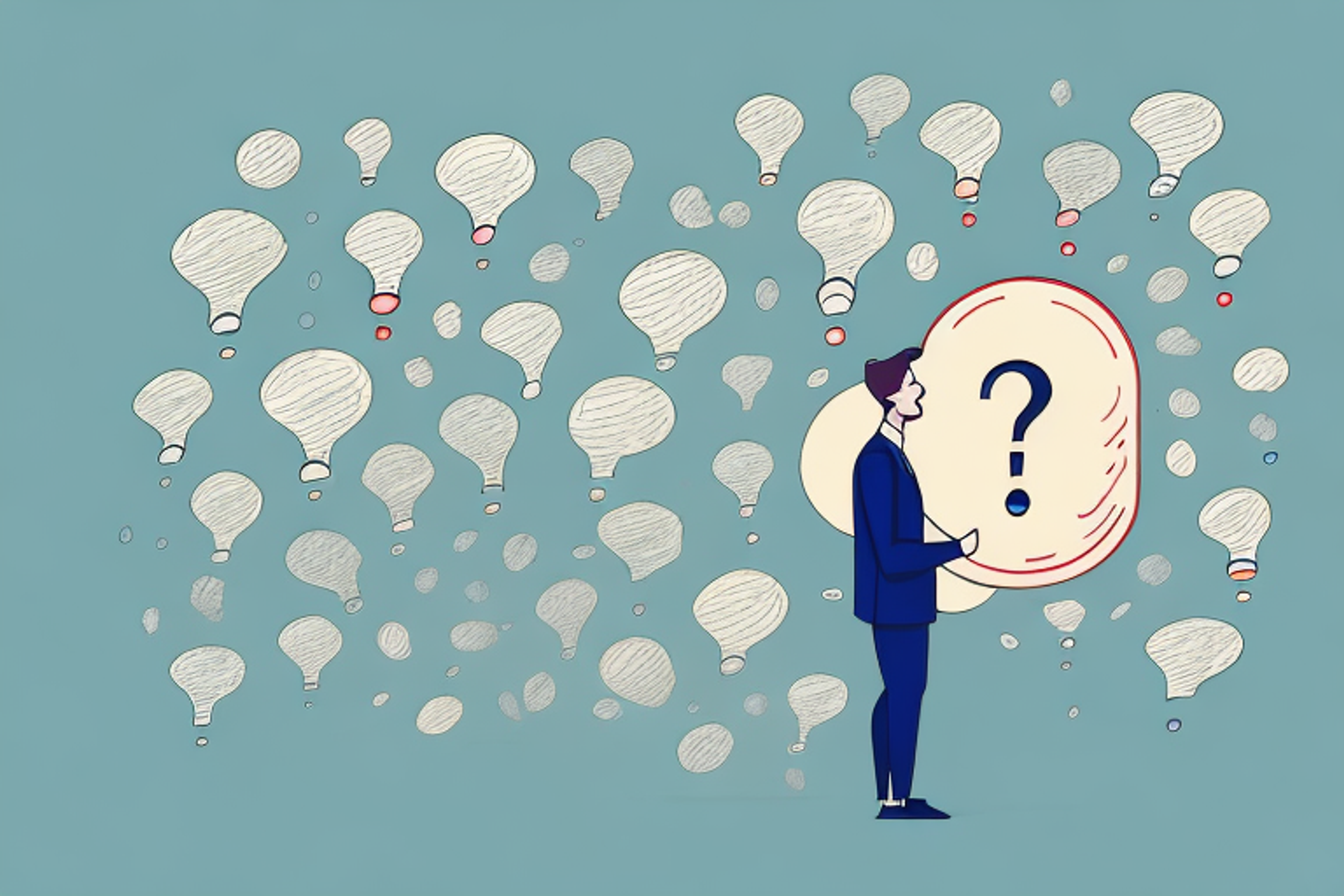How to Prepare for KPCB Fellows Product Sense Interviews
If you're looking to land a spot in the KPCB Fellows program, you'll need to ace the Product Sense interview.
Posted March 6, 2025
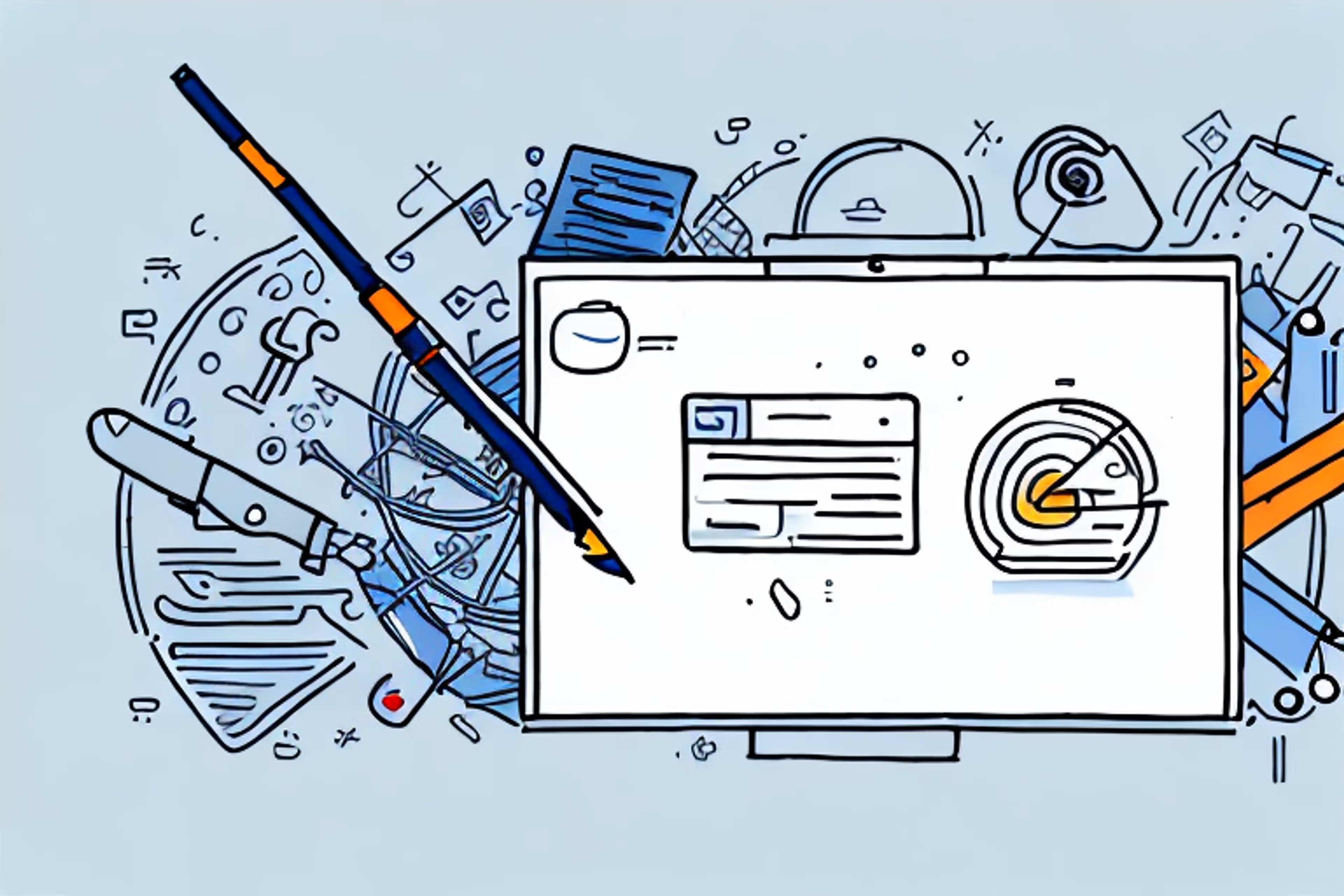
Table of Contents
If you are interested in developing your product sense and applying for the KPCB Fellows program, you need to be well-prepared for the interview process. This guide is designed to help you understand what the KPCB Fellows program is all about, what product sense is, and how to prepare effectively for a successful interview. With practice, you can develop the skills and mindset you need to thrive in the KPCB Fellows program and in your future career as a product leader.
Understanding the Role of KPCB Fellows Program in Product Development
The KPCB Fellows program is a highly selective program that offers talented individuals the opportunity to work alongside experienced professionals in the field of product development. The program is designed to provide a platform for aspiring product leaders to gain hands-on experience and develop their skillset in a dynamic and challenging environment. KPCB Fellows work on a variety of projects, ranging from developing new product features to improving existing ones, and they are exposed to a wide range of product-related challenges and opportunities.
One of the unique aspects of the KPCB Fellows program is the emphasis on mentorship. Each fellow is paired with a mentor who provides guidance and support throughout the program. Mentors are experienced product leaders who have a wealth of knowledge and expertise to share with their mentees. This mentorship component is a key factor in the success of the program, as it allows fellows to learn from the best in the industry and develop their own leadership skills.
Another important aspect of the KPCB Fellows program is the focus on innovation. Fellows are encouraged to think outside the box and come up with creative solutions to complex problems. This culture of innovation is fostered through a variety of initiatives, such as hackathons and brainstorming sessions. By encouraging fellows to take risks and experiment with new ideas, the program helps to cultivate a generation of product leaders who are not afraid to push the boundaries and challenge the status quo.
What is Product Sense and Why Does It Matter?
Product sense is a term used to describe a set of skills and attributes that are highly valued in the field of product development. These skills include the ability to identify user needs, define problem statements, prioritize product features, design user interfaces, and make data-driven decisions. Product sense matters because it is the foundation of successful product development. Good product leaders need to be able to balance technical and business considerations, collaborate effectively with cross-functional teams, and communicate their vision clearly to stakeholders.
One of the key aspects of product sense is the ability to understand the market and competition. A product leader with strong product sense can analyze market trends, identify gaps in the market, and develop strategies to differentiate their product from competitors. This requires a deep understanding of the industry, as well as the ability to gather and analyze data.
Another important aspect of product sense is the ability to iterate and adapt quickly. In today's fast-paced business environment, products need to evolve rapidly to keep up with changing customer needs and market trends. A product leader with strong product sense can quickly identify areas for improvement, test new ideas, and make data-driven decisions to optimize the product. This requires a willingness to take risks, learn from failures, and continuously improve.
A Comprehensive Guide to KPCB Fellows Interview Process
The KPCB Fellows interview process is designed to evaluate your aptitude for product development and your fit with the program's culture and values. The process typically involves multiple rounds of interviews, including a product design exercise and behavioral interviews. You can expect to be quizzed on your technical skills, strategic thinking, and problem-solving abilities. It is important to prepare well in advance by researching the company and the program, practicing your product sense skills, and reviewing mock interview questions.
Additionally, it is important to showcase your passion for technology and innovation during the interview process. KPCB Fellows program values individuals who are driven to make a positive impact in the tech industry. Be sure to highlight any relevant experiences or projects that demonstrate your passion and commitment to the field. Remember to also ask thoughtful questions about the program and the company to show your interest and engagement. Good luck with your interview!
Tips and Strategies for Acing KPCB Fellows Product Sense Interviews
To excel in KPCB Fellows interviews, you need to demonstrate your ability to think critically, communicate clearly, and collaborate effectively. You should also be able to show that you understand the customer's needs, the competitive landscape, and the larger market trends. You can prepare for product sense interviews by reading industry news, practicing mock interviews, taking design courses, and working on side projects. You should also be able to articulate your goals and aspirations and show that you are a good cultural fit for the program.
Another important aspect to consider when preparing for KPCB Fellows product sense interviews is to research the company and its portfolio. Familiarize yourself with the products and services they offer, their target audience, and their mission statement. This will not only demonstrate your interest in the company but also help you tailor your responses to align with their values and goals. Additionally, be prepared to discuss any relevant experiences or projects that showcase your problem-solving skills and ability to innovate. Remember to stay calm, confident, and enthusiastic throughout the interview process.
Commonly Asked Questions in KPCB Fellows Interviews: How to Prepare for Them?
Some frequently asked questions in KPCB Fellows interviews include: "What is your favorite product and why?", "How would you prioritize features for a new product?", "How do you handle a difficult stakeholder?", "What is your problem-solving process?", "What is your biggest weakness?". To prepare for these questions, you need to research the company and the program, review common interview questions, and practice your responses until they come naturally. You should also reflect on your past experiences and be able to draw on concrete examples to support your answers.
Key Skills and Traits Required for KPCB Fellows Program
KPCB Fellows are expected to possess a diverse set of skills and traits that enable them to succeed in a fast-paced, demanding environment. Some of these skills include user research, data analysis, product design, project management, and leadership. Additionally, successful KPCB Fellows tend to be curious, resourceful, collaborative, innovative, and passionate about their work. You can develop these skills and traits by working on product-related projects, taking online courses, attending industry events, and seeking feedback and mentorship from experienced professionals.
Practice Makes Perfect: Best Ways to Practice Product Sense for KPCB Fellows Interviews
The best way to practice product sense is to work on real-world product-related projects. You can also participate in design challenges, attend hackathons, and take online courses in design thinking, user experience, and data analysis. Reading blogs, articles, and industry reports is also an excellent way to stay up-to-date on emerging trends and best practices in product development. Finally, you can seek feedback and guidance from mentors and peers who can help you improve your skills and hone your craft.
How to Showcase Your Problem-Solving Skills in KPCB Fellows Interviews
In KPCB Fellows interviews, problem-solving skills are highly valued. To showcase your problem-solving skills, you need to demonstrate your ability to analyze complex problems, break them down into smaller components, and come up with creative and actionable solutions. You should also be able to communicate your thought process clearly and concisely, using data and evidence to support your arguments. Finally, you should be able to show that you are willing to learn from your mistakes and iterate until you find the optimal solution.
Building a Strong Resume and Cover Letter for KPCB Fellows Program
To build a strong resume and cover letter for KPCB Fellows program, you need to highlight your relevant experience, skills, and achievements. Your resume should be concise, well-designed, and tailored to the position you are applying for. Your cover letter should introduce yourself, explain your interest in the program, and showcase your passion for product development. It is also important to proofread your application carefully and make sure it reflects your personal brand and voice.
What to Expect After the KPCB Fellows Interview: Next Steps and Timeline
After the KPCB Fellows interview, you can expect to hear back from the company within a few weeks. If you are selected to move forward, you may be invited to a second-round interview or receive an offer letter. It is important to follow up with the company after the interview to express your continued interest and gratitude for the opportunity. You should also be transparent about your timeline and availability, and be prepared to negotiate salary and other terms of employment if necessary.
Success Stories from Former KPCB Fellows: Insights, Tips, and Lessons Learned
Former KPCB Fellows have gone on to achieve great success in the product development field. Some notable alumni include the founders of Airbnb, Klout, and Asana. To learn from their experience, you can read their success stories, attend networking events, and seek mentorship from successful product leaders. It is also important to continue learning and pushing yourself to improve your skills and mindset, even after you have been accepted into the program.








